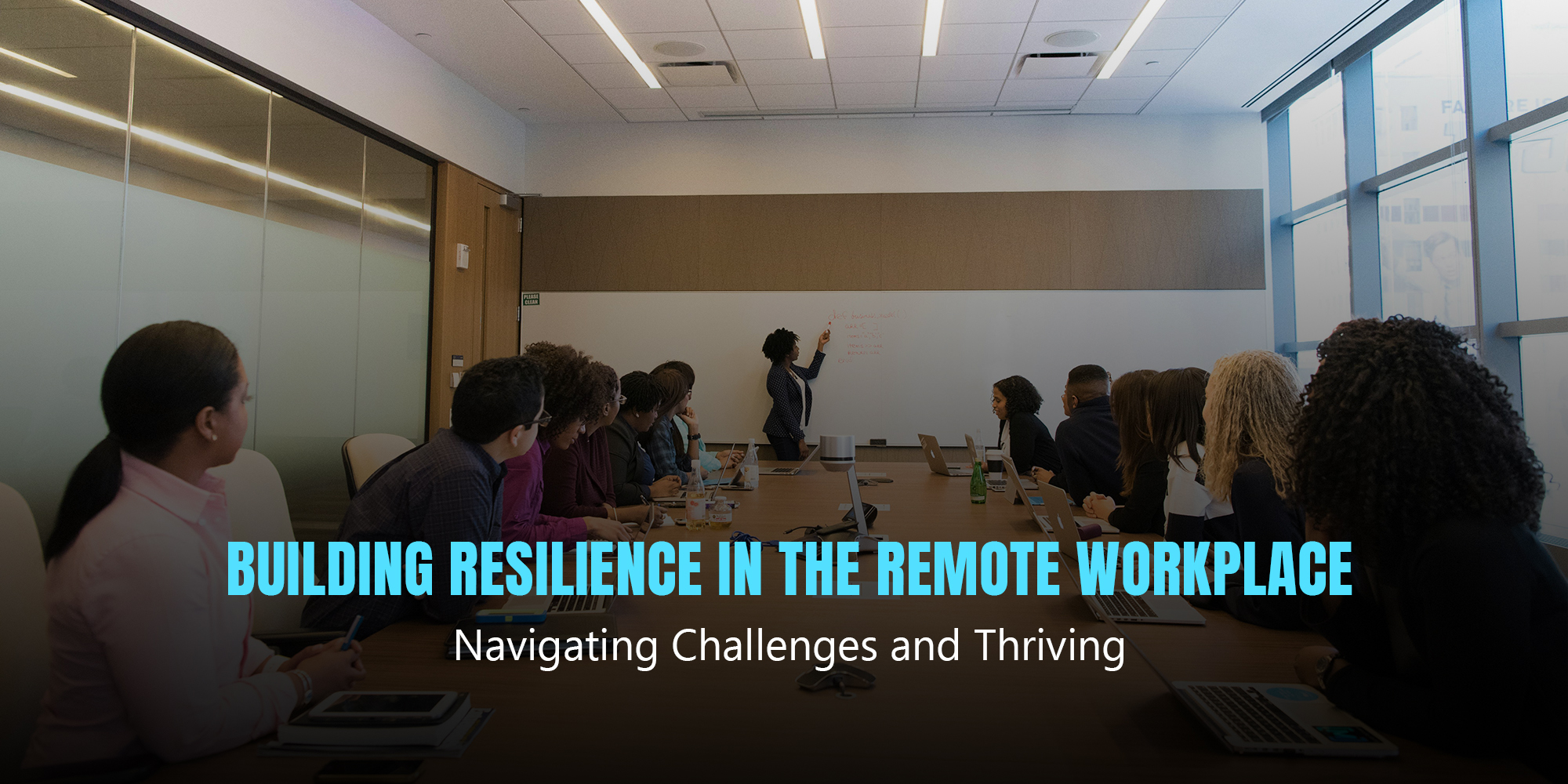
Introduction
Have you ever felt like a fraud? Like you don’t deserve the success you’ve achieved? If so, you’re not alone. Many successful individuals experience imposter syndrome, the persistent belief that you’re not as competent as others perceive you to be. Overcoming imposter syndrome is crucial for unlocking your full potential and achieving your goals.
Understanding Imposter Syndrome
Imposter syndrome is a common psychological phenomenon that can affect anyone, regardless of their level of achievement. It’s characterized by feelings of self-doubt, inadequacy, and fear of being exposed as a fraud. These feelings can be debilitating, limiting our ability to take risks, pursue our dreams, and reach our full potential.
Common Signs of Imposter Syndrome
- Self-Doubt: Constantly questioning your abilities and doubting your success.
- Fear of Failure: Avoiding challenges or opportunities out of fear of failure.
- Perfectionism: Setting unrealistic expectations for yourself and feeling like you’re never good enough.
- Comparison: Constantly comparing yourself to others and feeling inadequate.
- Attributing Success to External Factors: Believing that your success is due to luck or external circumstances rather than your own abilities.
Overcoming Imposter Syndrome
Overcoming imposter syndrome requires a mindset shift and a commitment to self-belief. Here are some strategies to help you break free from the imposter syndrome cycle:
- Challenge Negative Thoughts: When self-doubt creeps in, challenge those negative thoughts with evidence of your accomplishments. Remind yourself of your strengths and skills.
- Set Realistic Goals: Break down large goals into smaller, achievable steps. Celebrate your progress along the way, no matter how small.
- Practice Self-Compassion: Be kind to yourself and avoid self-criticism. Treat yourself with the same compassion and understanding you would offer a friend.
- Surround Yourself with Positivity: Spend time with supportive and encouraging people. Limit exposure to negative influences.
- Focus on Your Strengths: Instead of dwelling on your weaknesses, focus on your strengths and areas of expertise. This will boost your confidence and self-esteem.
- Seek Support: If you’re struggling with imposter syndrome, don’t hesitate to seek support from a therapist, counsellor, or mentor.
Conclusion: Embrace Your Worth
Overcoming imposter syndrome is a journey, not a destination. It takes time, effort, and self-belief. Remember, you are capable of great things. Don’t let self-doubt hold you back. Embrace your worth, believe in your abilities, and pursue your dreams with confidence.









